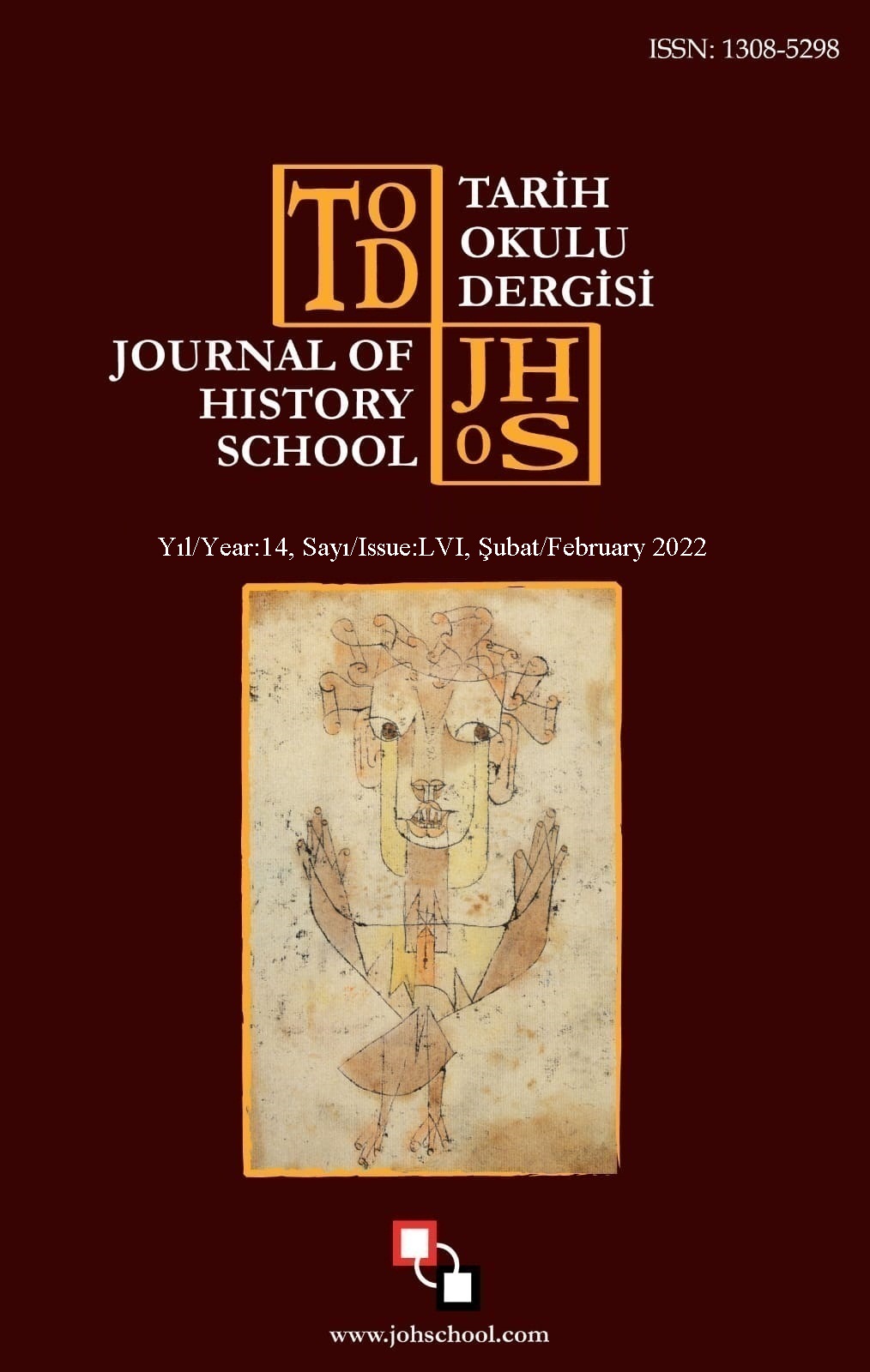FEN BİLİMLERİ ÖĞRETMENLERİNİN UZAKTAN EĞİTİME YÖNELİK TUTUMLARININ ÇEŞİTLİ DEĞİŞKENLER AÇISINDAN İNCELENMESİ
Author :
Abstract
Bu çalışmanın amacı, fen bilimleri öğretmenlerinin uzaktan eğitime yönelik tutumlarının bazı değişkenler açısından incelenmesidir. Araştırma 2020-2021 eğitim öğretim yılında Malatya ilinde görevli 196 fen bilimleri öğretmeni ile gerçekleştirilmiştir. Araştırma için gerekli izinler alındıktan sonra araştırmaya gönüllü olarak katılan öğretmenlere Ağır (2007) tarafından geliştirilen uzaktan eğitime yönelik tutum ölçeği uygulanmış ve öğretmenlerin cinsiyet, yaş, internette geçirilen günlük zaman dilimi, çalıştığı kurum, çalıştığı kurumun bulunduğu bölge, mesleki deneyim, öğrenim durumu ve önceden uzaktan eğitim deneyimi olup olmama değişkenleri açısından uzaktan eğitime yönelik tutumları incelenmiştir. Veriler IBM SPSS 23 programı kullanılarak analiz edilmiştir. Veri analizinde nonparametrik testlerden Mann Whitney U testi ve Kruskall Wallis H testi kullanılmıştır. Çalışma sonucu elde edilen bulgulara göre internette geçen günlük zaman dilimi, cinsiyet ve öğrenim durumu değişkenleri açısından uzaktan eğitime yönelik tutum puanları anlamlı şekilde farklılaşmazken; yaş, çalıştığı kurum, çalıştığı kurumun bulunduğu bölge, mesleki deneyim ve önceden uzaktan eğitim deneyimine sahip olup olmama değişkenlerine göre istatistiksel olarak anlamlı fark bulunmuştur.
Keywords
Abstract
The aim of this study is to examine science teachers' attitudes towards distance education in terms of some variables. The research was carried out with science teachers working in Malatya in the 2020-2021 academic year. The attitude scale towards distance education developed by Ağır (2007) was applied to the teachers participating in the study. These teachers' attitudes towards distance education were examined in terms of variables such as gender, age, daily time spent on the internet, the institution where they work at, the region where the institution they work at is located, their professional experience, educational status, and whether or not they had prior distance education experience. Data were analyzed by IBM SPSS 23 program. Mann Whitney U test and Kruskall Wallis H test, which are nonparametric tests, were used in data analysis. According to the findings of the study, while the attitude scores towards distance education in terms of daily time spent on the internet, gender and educational status did not differ significantly; A statistically significant difference was found according to the variables of age, the institution where they work at, the region where the institution they work at is located, professional experience, and whether or not they had prior distance education experience.





